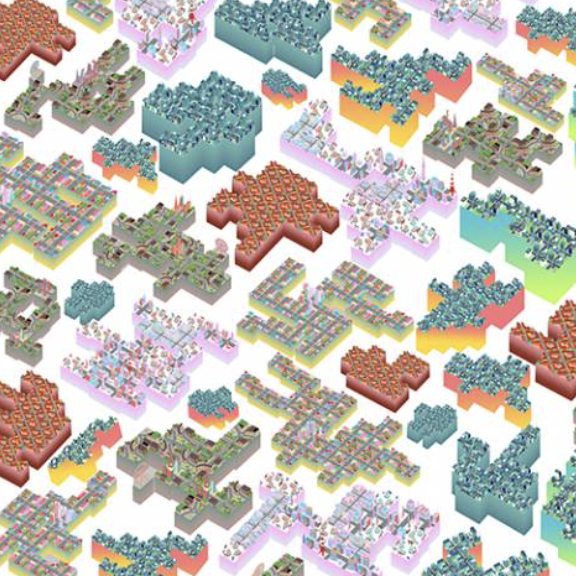
Stars, Meteors, Atomic Time, and the Question of “Novelty” in Architecture
Thu 04 February 2021
13:00 -14:00
Vera Bühlmann
Computation is currently understood mainly in relation to the control of processes, or a latent capacity (to either form or material) for engendering novelty. This lecture will attend to the current interests in 'novelty’ in architecture through the optics of a silent promise for a kind of 'epiphania' (Greek term for a shining forth, a sudden stepping into appearance, and in distinction to what is usually called 'phenomenon'). Novelty is such an interesting theme today because it harbours the possibility for the making of an appearance that were stripped of all subjectivism and anthropocentrism. It is this aspect of novelty and computation which makes it interesting to turn to a largely forgotten link between time and number: 'computus' was the Medieval Latin term for calendar-making (Arno Borst, 1990). How do we 'order’ time today, and how can we think about the relation between architecture and time – via computation – in terms of what I want to call 'Atomic Time'?
The B-Pro Prospectives History and Theory Lecture Series offers a platform for presentation, discussion and theoretical reflection upon the links between digital thought, architecture, and urban design. This year's series of talks emphasise the key role computation plays within complex design synthesis and their cultural implications.
This series encourages and inspires the current student body and interested professionals, by creating conversations about topics addressing academia, practice and beyond as well as overall disciplinary concerns and frontiers.

General Info